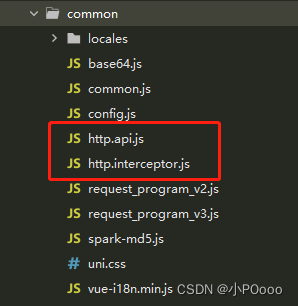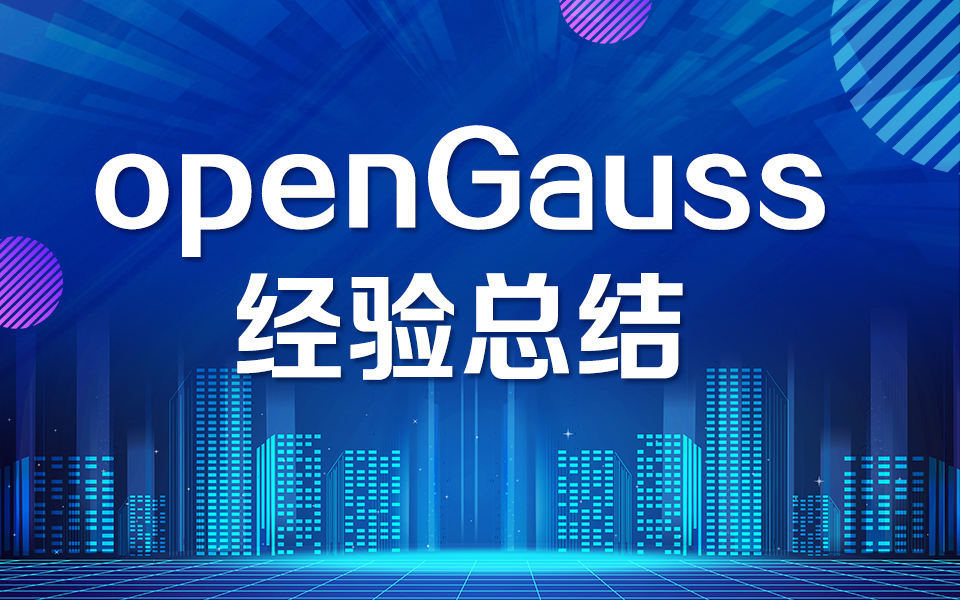
uview封装的请求方式【uniapp 】
【代码】uview封装的请求方式【uniapp 】
·
1.下载uView
2.配置Http请求
具体的js文件如下

3完整如下
以下为在main.js中的引入示例:
main.js
// main.js
// 此为main.js本身已有内容
const app = new Vue({
...App
})
// http拦截器,此为需要加入的内容,如果不是写在common目录,请自行修改引入路径
import httpInterceptor from '@/common/http.interceptor.js'
// 这里需要写在最后,是为了等Vue创建对象完成,引入"app"对象(也即页面的"this"实例)
Vue.use(httpInterceptor, app)
app.$mount()
/http.interceptor.js
// @common/http.interceptor.js
const config = {
baseUrl: 'xxx', // 请求的本域名
method: '', //POST/GET
// 设置为json,返回后会对数据进行一次JSON.parse()
dataType: 'json',
showLoading: true, // 是否显示请求中的loading
loadingText: '努力加载中~', // 请求loading中的文字提示
loadingTime: 800, // 在此时间内,请求还没回来的话,就显示加载中动画,单位ms
originalData: false, // 是否在拦截器中返回服务端的原始数据
loadingMask: true, // 展示loading的时候,是否给一个透明的蒙层,防止触摸穿透
// 配置请求头信息
header: {
'content-type': 'application/json;charset=UTF-8'
},
}
const install = (Vue, vm) => {
// 此为自定义配置参数,具体参数见上方说明
Vue.prototype.$u.http.setConfig({
baseUrl: config.baseUrl,
loadingText: config.loadingText,
loadingTime: config.loadingTime,
// 设置自定义头部content-type
header: {
'content-type': 'application/json;charset=UTF-8'
}
// ......
});
// 请求拦截部分,如配置,每次请求前都会执行,见上方说明
Vue.prototype.$u.http.interceptor.request = (config) => {
// 引用token
// 方式一,存放在vuex的token,假设使用了uView封装的vuex方式
// 见:https://uviewui.com/components/globalVariable.html
// config.header.token = vm.token;
// 方式二,如果没有使用uView封装的vuex方法,那么需要使用$store.state获取
// config.header.token = vm.$store.state.token;
// 方式三,如果token放在了globalData,通过getApp().globalData获取
// config.header.token = getApp().globalData.username;
// 方式四,如果token放在了Storage本地存储中,拦截是每次请求都执行的
// 所以哪怕您重新登录修改了Storage,下一次的请求将会是最新值
// const token = uni.getStorageSync('token');
// config.header.token = token;
config.header = {
'user-token':'Bearer ' + 'f50575df95a901fa87c8c25c71e44819'
}
// 可以对某个url进行特别处理,此url参数为this.$u.get(url)中的url值
if (config.url == '/user/login') config.header.noToken = true;
// 最后需要将config进行return
// console.log(config,"请求参数")
return config;
// 如果return一个false值,则会取消本次请求
// if(config.url == '/user/rest') return false; // 取消某次请求
}
// 响应拦截,如配置,每次请求结束都会执行本方法
Vue.prototype.$u.http.interceptor.response = (res) => {
if (res.code == 200) {
// res为服务端返回值,可能有code,result等字段
// 这里对res.result进行返回,将会在this.$u.post(url).then(res => {})的then回调中的res的到
// 如果配置了originalData为true,请留意这里的返回值
return res.data;
} else if (res.code == 201) {
// 假设201为token失效,这里跳转登录
vm.$u.toast('验证失败,请重新登录');
setTimeout(() => {
// 此为uView的方法,详见路由相关文档
vm.$u.route('/pages/user/login')
}, 1500)
return false;
} else {
// 如果返回false,则会调用Promise的reject回调,
// 并将进入this.$u.post(url).then().catch(res=>{})的catch回调中,res为服务端的返回值
return false;
}
}
}
export default {
install
}
3.发送请求
1.同步请求
export default {
onLoad() {
this.$u.get('/ebapi/store_api/hot_search', {
id: 2
}).then(res => {
this.result = res;
})
this.$u.post('/ebapi/public_api/index', {
id: 1
}).then(res => {
this.result = res;
})
}
}
2.异步请求
export default {
methods: {
async login() {
let ret = await this.$u.post('/user/login');
// 此处在函数体外写了async,并且使用了await等待返回,所以可以打印ret结果
// 意味着这里的console.log是等待了几十毫秒请求返回后才执行的
console.log(ret);
}
}
}
更多推荐
 已为社区贡献2条内容
已为社区贡献2条内容









所有评论(0)